In January 2021, 22 students began a new 12-month pilot program at the British Columbia Institute of Technology (BCIT) that will earn them an associate certificate in fundamentals of water and wastewater operations.
The material the students learn in the program will enable them to pass the theoretical component of the Environmental Operators Certification Program (EOCP) Level I certification examination for four main types of facilities – water distribution, water treatment, wastewater collection and wastewater treatment.
The program is made up of five online courses, each of which takes nine weeks to complete.
The courses cover water treatment components and subsystems; water treatment technologies and treatment systems; water distribution and mechanical systems; wastewater collection and mechanical systems; and legislation, safety and communications.
Prerequisites for the program are high school graduation, Grade 12 science and Grade 11 math.
Anyone, however, who lacks these entry requirements can discuss his or her situation with program administrators.
The certificate shows graduates of the program have the essential knowledge and skills to be hired for entry-level positions as water and wastewater treatment operators.
The program, which is touted as “by industry, for industry,” is being offered as a series of part-time online courses, with some field trips to water and wastewater facilities.
Created through a partnership of BCIT, EOCP, a number of Lower Mainland municipalities and Metro Vancouver, the program has been designed for two groups of participants: Those who are looking for work in the water and wastewater industry, and those who are already employed in the field and want more training so they can advance.
Although there are already two operator credentialing schools in B.C., Okanagan College in Kelowna, and Thompson Rivers University in Kamloops, they are not located where operators are needed most, in the Lower Mainland.
About one-half of the total 4,000 water and wastewater operators in B.C. work in the Lower Mainland.
While many students from Okanagan College and Thompson Rivers University come to the Lower Mainland for co-op terms, they then leave the region because they do not have roots there and because the costs of relocation are high.
The BCIT program will help support the creation of a local pool of talent in southwestern B.C.
Laurie Therrien, manager of corporate training and industry services in BCIT’s school of construction and environment, says the pilot program is phase one of what could become a multi-phased initiative.
“We worked closely with EOCP to ensure the program aligns with its required job competencies,” says Therrien. “The students in the program receive their training from half a dozen instructors, all of whom are subject matter experts in the field.”
It’s a pandemic-proof career, she says.
“There is a shortage of operators in the Lower Mainland and there will always be plenty of water and wastewater to manage,” says Therrien.
Operators will always have plenty of job opportunities, says Kalpna Solanki, president and CEO of EOCP.
“In addition to municipalities, they work in mines, in the military, on cruise ships, at convention centres, in disaster relief…basically anywhere that water and wastewater treatment and transport are needed,” says Solanki. “Many operators also work as consultants, or instructors, or work in disaster relief.”
Operators are involved in all aspects related to water treatment, water distribution and wastewater collection, says Solanki.
“They are the people who magically make things happen,” she says. “When we turn on our taps, we get safe drinking water and when we flush our toilets, the waste disappears. Magic.”
Solanki says the demand for operators is “tremendous,” mainly due to operators retiring and leaving the field.
“In addition, with population growth, there are new facilities coming on board and existing facilities are expanding capacity,” she says. “The need is most acute in the Lower Mainland.”
Liquid waste is treated at five plants in Metro Vancouver, says Richard Stewart, chairman of Metro Vancouver’s Liquid Waste Committee and mayor of Coquitlam.
Drinking water comes from three secured watersheds whose water goes through two treatment plants before it reaches Lower Mainland faucets.
“Within the next five years, approximately $6 billion in liquid waste treatment infrastructure will be built in the region,” says Stewart. “That will be made up of new plants and the replacement and expansion of existing facilities.”
Metro Vancouver has 2.7 million people to provide with secure drinking water and wastewater treatment.
“Many technical staff are retiring and new people with the technical skills to operate this critical infrastructure are required to replace them. It’s an excellent career with lots of interesting career paths to choose from.”


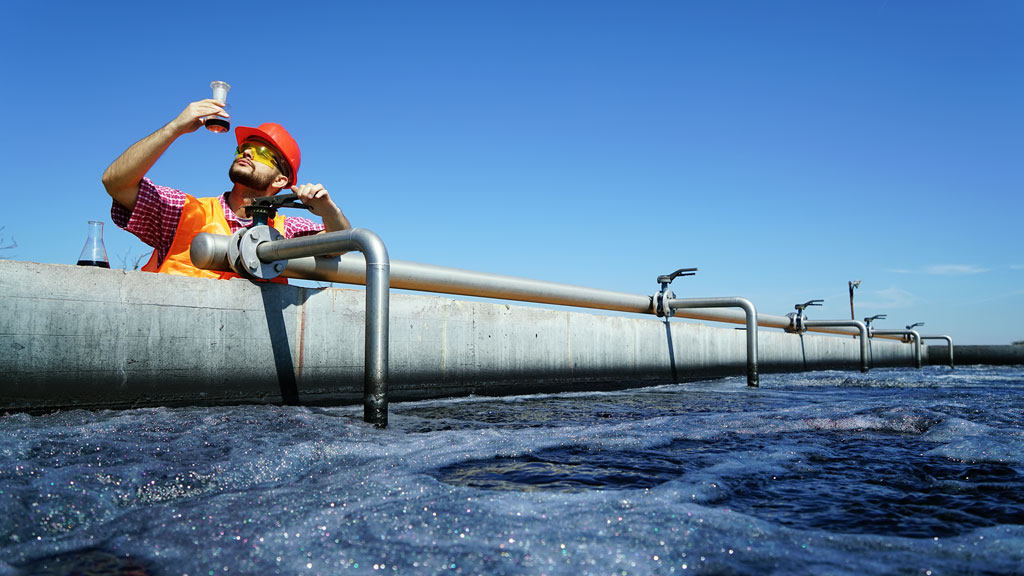

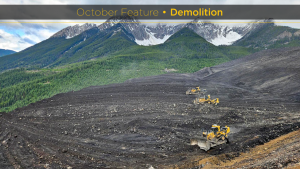
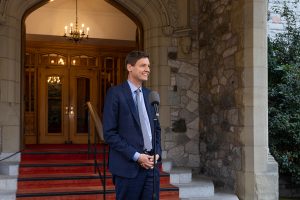

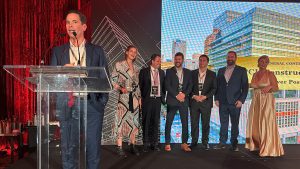
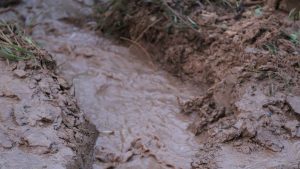


Recent Comments
comments for this post are closed